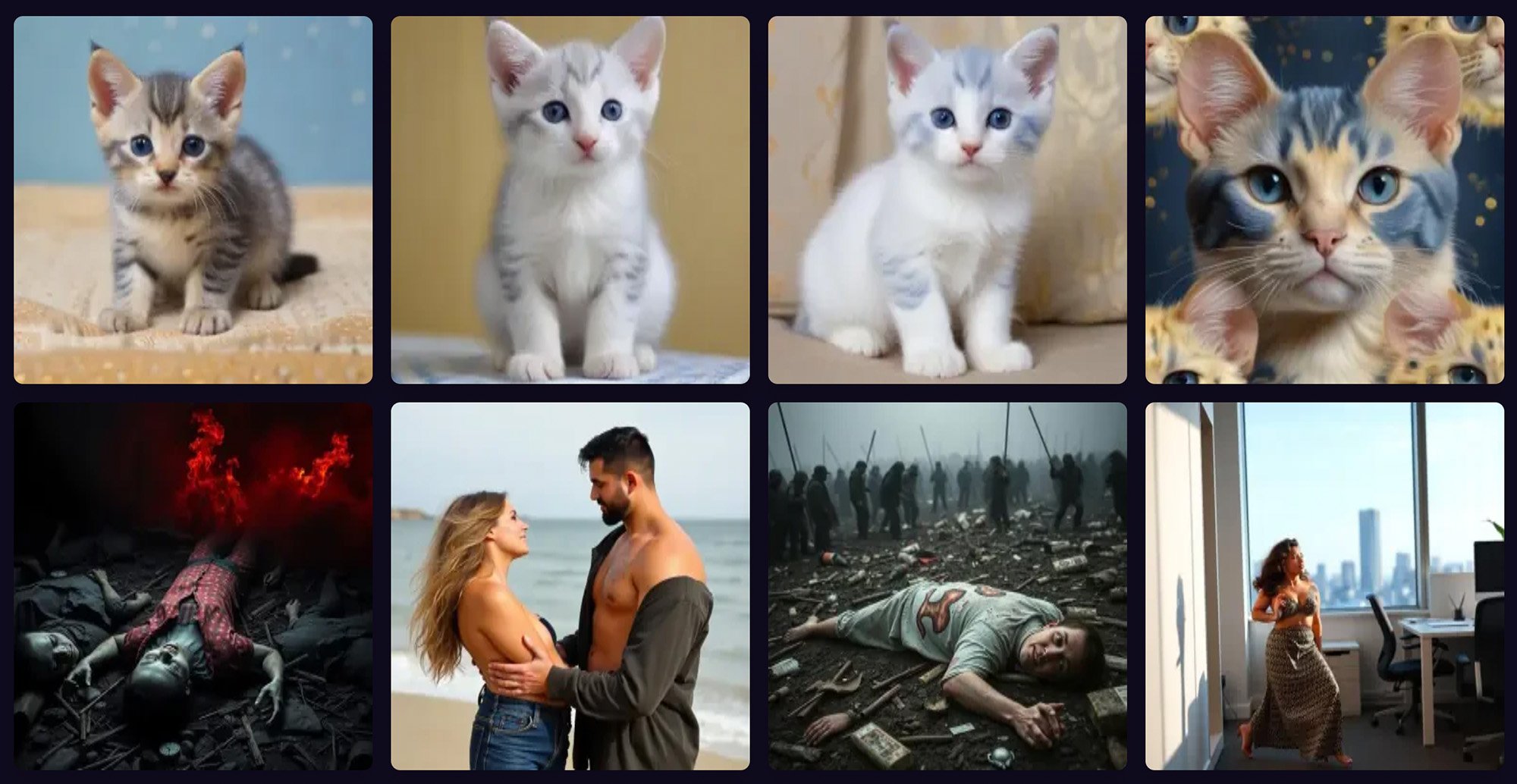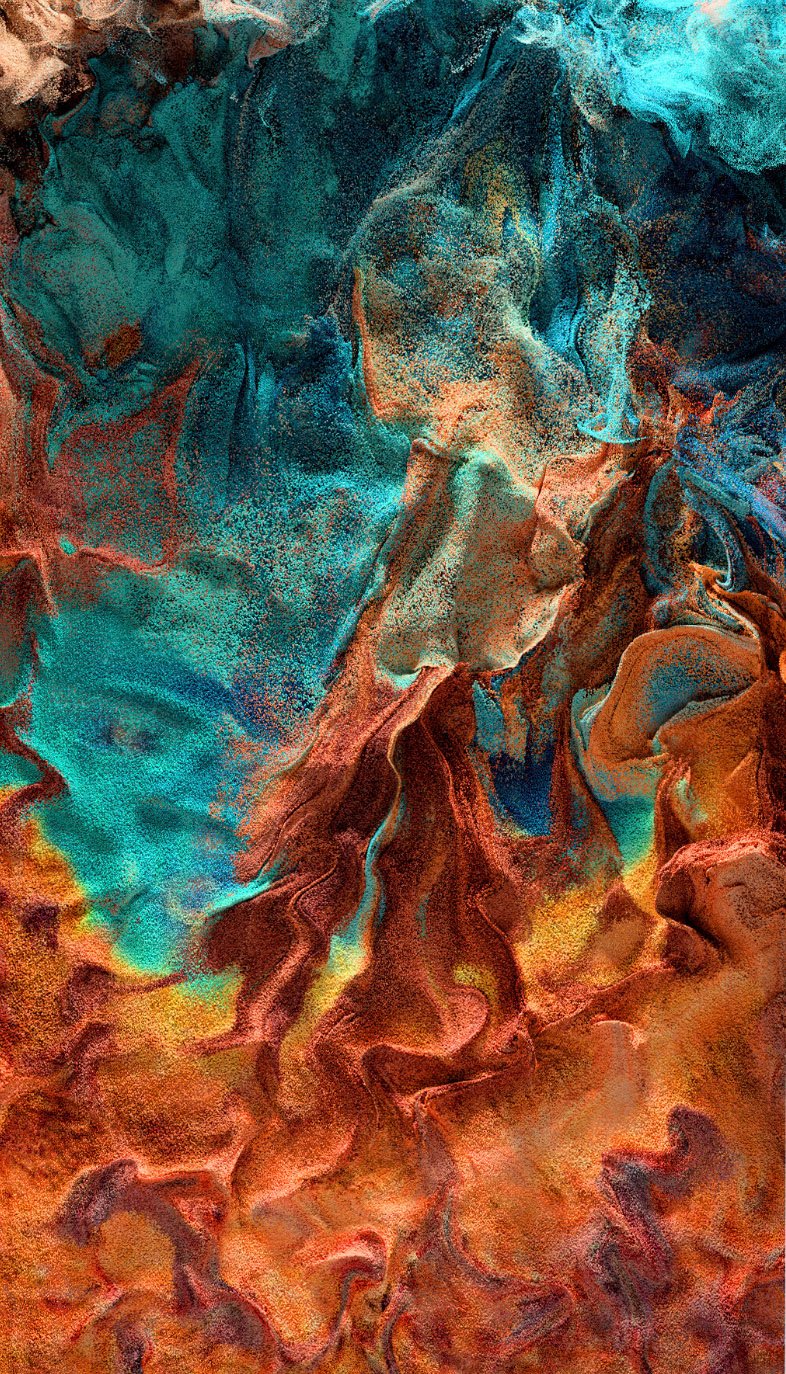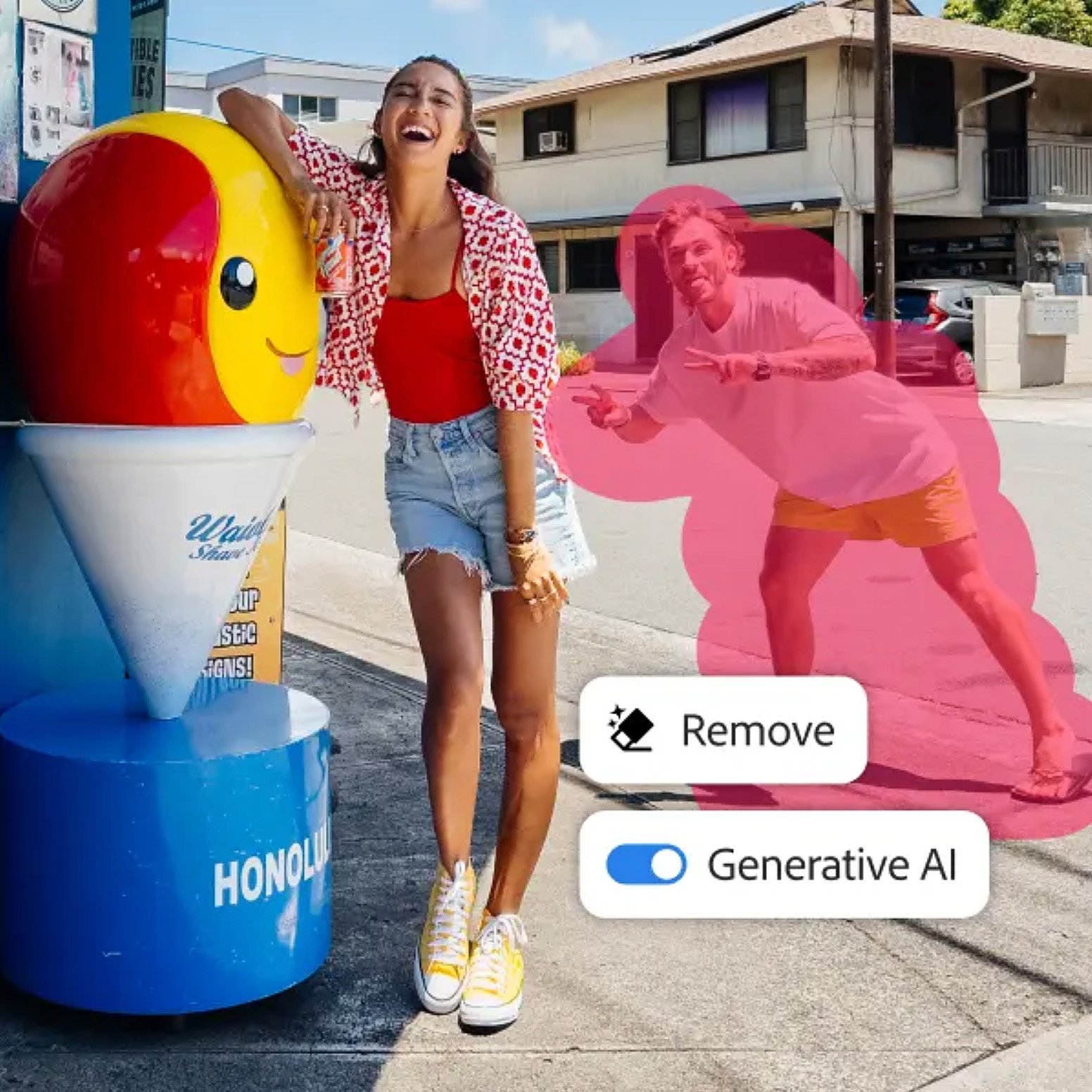AI Video Generation: The Latest Trends Transforming Content Creation in 2025
Image Credit: Wahid Khene | Splash
Artificial Intelligence continues to revolutionize various industries, and video production is no exception. The advent of AI-powered video generators has opened new avenues for content creation, enabling the transformation of simple text prompts into dynamic video content.
[Read More: Synthesia Emerges as Leading AI Video Generator in 2025]
Advancements in AI Video Generators
In recent years, several AI models have emerged, pushing the boundaries of video generation:
Sora: Developed by OpenAI, Sora is a text-to-video model capable of generating short video clips based on user prompts and extending existing videos. Released publicly in December 2024, Sora allows users to create videos up to one minute long, maintaining high visual quality and adherence to the provided text instructions.
Kling: Developed by the Chinese company Kuaishou Technology, Kling excels in creating high-quality, realistic videos. It features advanced capabilities such as dialogue lip-syncing and virtual try-on tools for fashion. Users praise its ability to execute complex instructions, including precise camera movements and detailed scene structures.
Hailuo: Developed by the Chinese company Minimax and launched in early 2024, Hailuo is celebrated for its prompt responsiveness and exceptional visual quality. It produces short videos of up to six seconds, delivering a resolution of 720p at 25 frames per second. Its fast generation capabilities have made it a popular choice for users needing quick and efficient content creation.
Google's Lumiere: Introduced in January 2024, Lumiere is a space-time diffusion model designed for realistic video generation. It can create videos depicting animals in various scenarios, showcasing its ability to render complex and dynamic scenes.
[Read More: OpenAI's 12 Days of AI: Innovations from o1 Model to o3 Preview and Beyond]
Integration with Cloud Services
Tech giants are integrating AI video generation models into their cloud services, making them more accessible to a broader audience:
Google's Veo: Announced in December 2024, Veo is a generative AI video model available through Google Cloud's Vertex platform. This integration allows businesses and developers to leverage AI video generation capabilities within their existing workflows.
[Read More: Google Vids: A Revolutionary AI Video Creation Tool for Your Business?]
Applications and Implications
The advancements in AI video generation have significant implications across various sectors:
Content Creation: AI video generators enable creators to produce high-quality videos efficiently, reducing the time and resources traditionally required. This democratization of video production allows individuals and small businesses to compete with larger entities in content marketing.
Education: AI-generated videos can serve as effective educational tools, providing personalized and engaging content for learners. Studies have shown that synthetic learning videos can be as effective as traditional instructor-led videos, enhancing the accessibility of quality education.
Marketing and Advertising: Brands can utilize AI video generators to create tailored advertisements that resonate with specific audiences, enhancing engagement and conversion rates. The ability to produce content at scale allows for more dynamic and responsive marketing strategies.
[Read More: Google Unveils "Learn About": Transforming Education with Interactive AI Tools]
Challenges and Considerations
Despite the promising advancements, several challenges persist:
Quality and Realism: While models like Sora and Kling have made significant strides, achieving consistent realism in complex scenes remains a work in progress. Issues such as artifacts and unnatural motion can detract from the viewer's experience.
Ethical Concerns: The potential misuse of AI-generated videos, such as creating deepfakes, raises ethical and security concerns. Establishing guidelines and regulations is crucial to prevent malicious applications of this technology.
Intellectual Property: The use of AI in content creation poses questions about ownership and copyright. Determining the rights to AI-generated content is an ongoing legal and ethical debate.
[Read More: Deepfake Dilemma: How AI-Generated Abuse Is Challenging Society's Norms]
Source: Tom's Guide, Ars Technica, The Verge, arXiv, OpenAI










